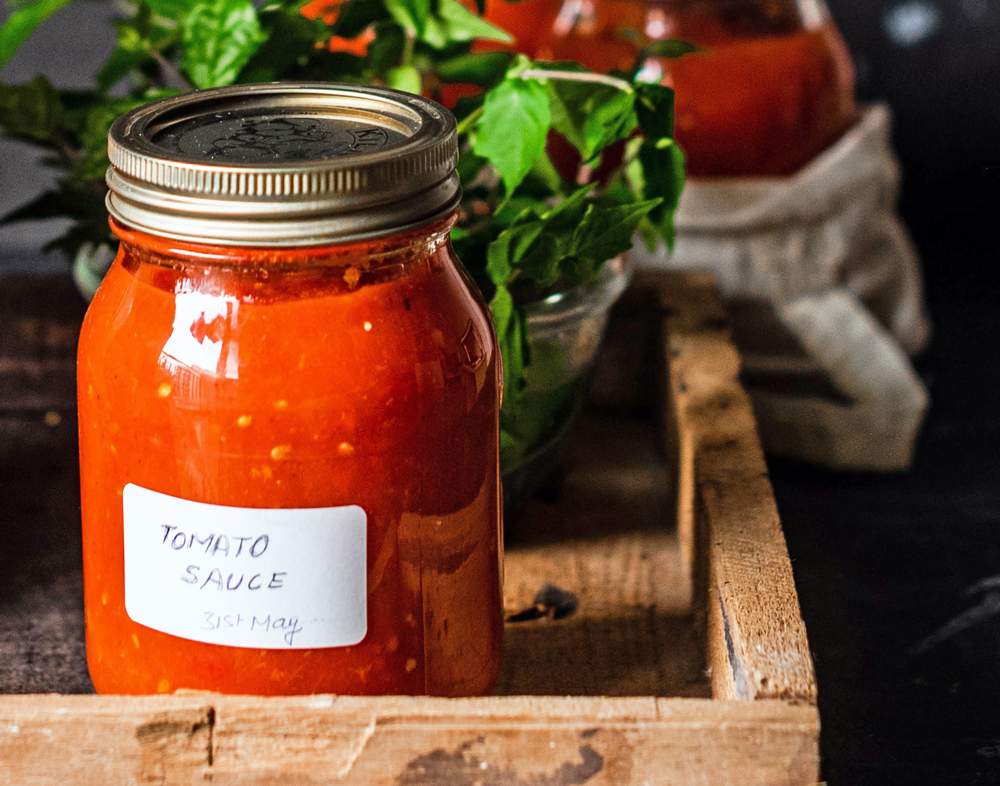
Whenever I read the word bounty, I recall each year during this season, my mom would take stock of the Mason jars of tomatoes – sauce, juice, and whole – she had “put up” from the summer garden.
In a similar vein, my dad could recite the exact planting dates, rainfall amount, and seed varieties unique to the garden that year. Both Mom and Dad knew those jars contained far more than their individual labor.
God provided the sun and rain as well as my parents’ strength, patience, and wisdom to continue day after day.
Come to think of it, God also provided the faith required to put seeds in the ground that could later produce a wall of canned tomatoes.
It may seem far-fetched to those who did not grow up with a garden. Those jars, in my memory, are more than the start of a sauce or soup; they symbolize the relationship between God’s gifts to us, our prayers, and our labor.
The author of Psalm 116:12 questions how to properly thank God for the bounty received. We don’t know if the bounty represents a healing of body or spirit, or the field’s harvest. We know the writer’s gratitude to God inspired them to search for a way to give back.
Authors for this issue of the Spire reflect upon God’s generosity and our gratitude seen in myriad ways at Westminster. As you read, consider the way God blesses you and how you express thanks.
In your faithful service,
Jo
